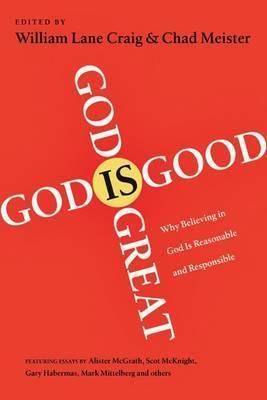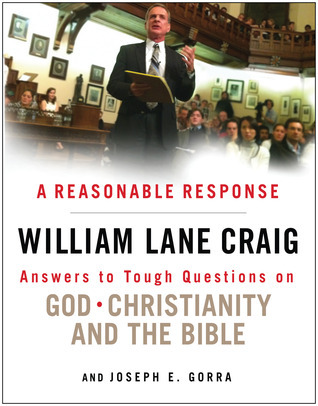
The Reason for God: Belief in an Age of Skepticism
Book Description
Doubt looms large in a world often shrouded in skepticism. In "The Reason for God: Belief in an Age of Skepticism," Timothy J. Keller confronts the toughest questions about faith, offering a compelling case for belief. Each chapter peels back layers of doubt, revealing profound insights and a vision of hope that captivates the mind and stirs the heart. As he tackles skepticism head-on, Keller invites readers into a gripping exploration of faith’s relevance in the modern age. What if belief could hold the answers we've been searching for in a chaotic world?
Quick Book Summary
Timothy J. Keller's "The Reason for God: Belief in an Age of Skepticism" invites readers into a thoughtful dialogue about faith in the modern era. Through candid engagement with common objections to Christianity, Keller addresses skepticism with empathy, philosophical depth, and robust theological reasoning. The book is divided into two main parts: first, he explores challenges and doubts about Christian faith, and then he examines the positive rationales for belief in God. Keller draws on literature, philosophy, and personal stories, making his arguments accessible and persuasive. Ultimately, he suggests that wrestling with doubt can actually deepen faith and that belief in God not only withstands intellectual scrutiny, but also offers compelling meaning, hope, and resources for life’s toughest questions.
Summary of Key Ideas
Table of Contents
Addressing Common Doubts About Christianity
Keller begins by tackling the skepticism surrounding Christianity, acknowledging the validity of many doubts people have about religion. He carefully examines objections such as the exclusivity of Christianity, the existence of suffering, and the church's checkered past. By engaging with prominent secular thinkers and drawing from contemporary cultural concerns, Keller illustrates that questioning faith is both reasonable and essential for honest belief. He encourages readers not to suppress their doubts, but to explore them as a pathway toward authentic understanding.
Faith and Reason: Interconnected, Not Opposed
Moving beyond mere defense, Keller investigates the relationship between faith and reason. Contrary to the notion that faith is irrational or blind, he asserts that belief and skepticism both require a degree of trust and interpretation. No worldview is entirely free from foundational assumptions. Keller argues that Christian faith is intellectually credible, drawing support from philosophical insights, historical evidence, and the coherence of the Christian worldview, which he suggests provides satisfying answers to life's deepest questions.
The Problem of Suffering and Evil
A central theme in the book is the problem of suffering and evil. Keller empathizes with those who find pain and injustice difficult to reconcile with belief in a good and omnipotent God. Rather than offering simplistic answers, he points to the Christian understanding of God who suffers and redeems pain, especially through the person of Jesus Christ. By embracing the cross, Keller argues that Christianity uniquely addresses the human cry for justice, comfort, and hope amid suffering.
The Uniqueness of Christianity’s Claims
Keller then delves into what makes Christianity distinctive among world religions and philosophies. He examines the claim that salvation is through grace rather than personal merit or good works. By highlighting the historical reliability of the resurrection and the self-sacrificing love at the faith's core, Keller points to a message that challenges conventional religious and moral narratives. This grace-centered vision overturns pride and promotes humility, forgiveness, and reconciliation.
The Transformative Power of Belief
In closing, Keller emphasizes the transformative power that genuine Christian belief can have on individuals and communities. He shares stories of personal change and social renewal as evidence that Christianity is not just an abstract set of doctrines, but a living faith that shapes meaning, identity, and purpose. Keller contends that exploring and embracing belief in God is not moving away from reason, but stepping into a life-giving relationship that answers humanity’s deepest longings and provides hope even amid doubt.
Download This Summary
Get a free PDF of this summary instantly — no email required.





